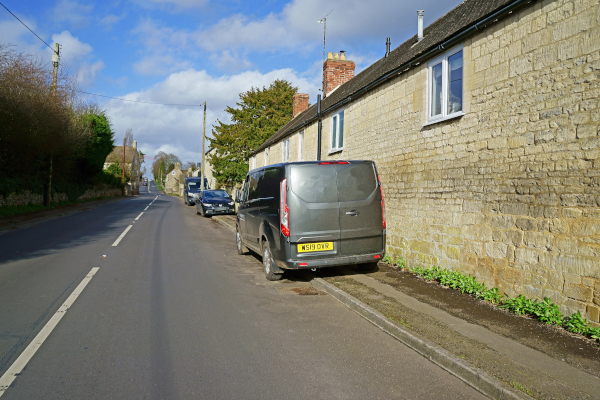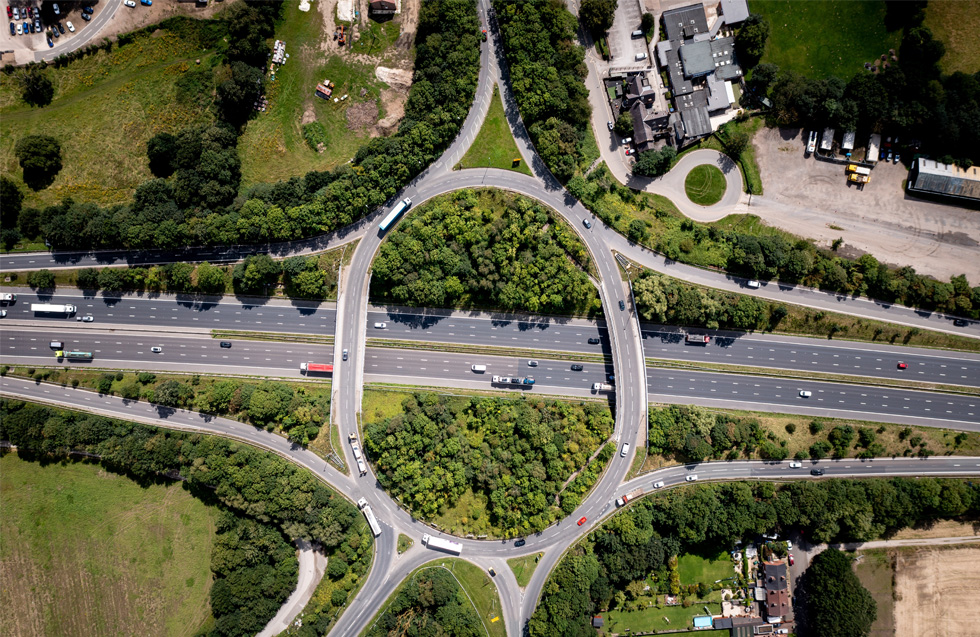New research from the RAC has found 83% of drivers want the Government to tackle pavement parking in England, but feelings are divided on the best way to approach the problem.
A survey of 1,709 drivers this summer found 42% were supportive of an outright ban on parking on pavements in England, while 41% want to see councils given powers to ban the practice on specific roads more easily than they can today.
The news comes as the Department for Transport is preparing a policy response to this long-running issue, with a strong indication that some action would be taken.
In 2019, the Transport Committee, then chaired by the current roads minister Lilian Greenwood, highlighted the problem and said previous action had been 'slow and … not improved people's day-to-day lives'.
The last government consulted in 2020 on how best to tackle pavement parking but never published a response.
Ms Greenwood has made several positive statements about dealing with the issue - which can see pedestrians, wheelchair users and those with prams forced into the road - most recently in response to a parliamentary written question.
She said: 'The Department has been considering all the views expressed in response to the 2020 pavement parking consultation and is currently working through the policy options and the appropriate means of delivering them. We will announce the next steps and publish our formal response as soon as possible.
'In the meantime, local authorities can make use of existing powers to manage pavement parking, and it is up to them to decide where to restrict pavement parking and what enforcement is appropriate.'
RAC senior policy officer Rod Dennis said: 'There's no doubting pavement parking is a serious problem in some communities that needs tackling. No pavement user should be forced into walking or wheeling into the road because of someone parking inconsiderately.
'It's important to realise that even with an outright ban, councils would presumably still have to allow pavement parking in some places to ensure streets remain passable.
'Any future government policy therefore needs to strike the right balance between stamping out pavement parking that causes a danger to people walking or wheeling, and ensuring some of England's streets don't end up being inadvertently blocked by parked vehicles.
'An England-wide ban, plus a simple process for councils to exempt certain streets, is one option. The other is to take away the red tape councils currently need to get through to enforce pavement parking bans on specific streets.'
The RAC research also found that most drivers (66%) say they see 'vehicles either partially or fully parked on pavements close to where they live'.
Of these, a third (33%) report seeing vehicles blocking pavements every day, with a further 30% witnessing it happening on most days. Just 5% of motorists said they never see vehicles blocking pavements.
When asked about appropriate penalties, 44% of drivers told the RAC that first-time offenders should be sent a written warning letter, followed by a fine for any future contraventions.
Almost one-in-five (17%) think an immediate fine is appropriate, while a similar 16% believe a written warning followed by a fine and three penalty points for future violations is appropriate.
A pavement parking ban has existed in London since 1974, with offenders fined between £140 and £160 depending on where in the city they park. While in Scotland, a ban was introduced in 2025, with drivers facing a £100 penalty, reduced to £50 if paid within 14 days.
Outside Scotland and London, no such general ban exists.
Currently, councils in England must consult on and implement separate Traffic Regulation Orders (TROs) to ban pavement parking on specific roads.

























